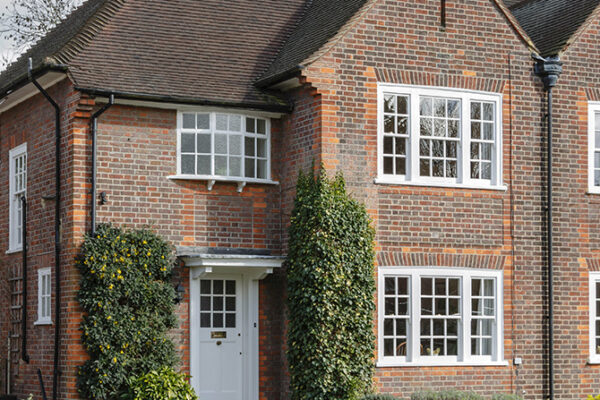Equity release allows homeowners over 55 to access cash tied up from the value of their property by taking out a secured loan against their home.
Equity release is a special type of loan, designed to run for the rest of your lives / entry into long term care.
The main reasons why people choose to release equity are
- You receive a lump sum of cash
- You can receive cash in small, ongoing amounts
- Combination of the two above
- You can still live in your property
Why choose HSR Law for equity release?
You need to receive independent legal advice about the rewards, obligations and the risks that are attached to the Equity Release Plan you have chosen.
We have assisted numerous clients across the regions of South Yorkshire, Lincolnshire and North Lincolnshire with their conveyancing needs.
For a friendly and personal service, contact our property solicitors on any of our numbers.
These equity release schemes involve you selling all or part of your home to a Reversion Company. In return, you receive a lump sum or a monthly income. You and your partner can stay in the home, usually rent free, for the rest of your lives. When the property is eventually sold (usually on the 2nd death), the Reversion Company receives a percentage of the sale proceeds equal to the percentage of the property that they bought from you.
This covers a variety of equity release mortgage schemes, but they all involve you borrowing money secured on the value of your home. You can receive either a lump sum or a monthly income. You continue to own all of your home and the loan is repaid to the lender when your home is sold. You can choose whether to make interest payments or whether the interest is added up and paid back when the property is sold.

We are CQS Accredited
The Conveyancing Quality Scheme (CQS) accreditation demonstrates that HSR Law Solicitors can provide residential conveyancing advice of the level expected by clients, lenders and the wider residential conveyancing community.
Being CQS accredited means we have the expertise to deliver quality residential conveyancing advice and use standardised processes to manage and reduce risks.
Your Equity Release Team
Property FAQs
Exchange means that your contract to purchase is now legally binding. If you withdraw from the sale, you will lose the deposit you paid. On exchange you also set the date for completion.
No, your Lenders grant the mortgage but they ask us to confirm that the valuation has no errors and that there are no issues with the property that they should be informed of. It is our job to ensure that both you and your Lender are happy to proceed.
Someone over 18 has to witness your documents and no one that is related to you
The ISA can only be used as part of completion funds to pay the balance of the property. It cannot be used as the deposit. Your buyer’s solicitor may agree to accept a lower deposit on exchange. Your solicitors can charge £50 plus VAT for applying for this for you.
If you are a cash buyer this is your choice, but HSR Law would always advise that you do obtain searches . If you are purchasing with the aid of a mortgage, this is mandatory. The main searches are as follows:
Local Authority
A local authority search will provide you with detailed information about your property and the surrounding areas including planning entries and road adoptions. This will give you peace of mind before going ahead with the purchase of your new home and ensure you avoid any surprises in the future
Water and Drainage
A water and drainage search will confirm the proximity of the property to public sewers, whether the property has a sewer running within the boundaries of the property and if the property is connected to mains services.
Environmental search
An environmental search would confirm whether the previous land use of the property creates a potential environmental risk. This search will highlight issues which would include:
Landslides
Subsidence
Contaminated land such as historic landfills and waste sites
The risk of flooding from nearby rivers or seas
Mining search
A mining search is required if the property is situated in an area of previous or current mining history and is at risk of being built on unstable ground.
If you hold the property as joint tenants, both of you will own the whole of the property. You will not each have a quantified share in the property and will not be able to leave a share of the property in your will. If you sell the property, or if you separate, it will be presumed that you both own the property equally.
If you hold the property as tenants in common, each of you will own a specified share in the property. For example, one owner could own 70% of the property while the other holds 30%. The percentage shares are commonly used to reflect the amount of money contributed.
If you buy a property freehold, it means you completely own the property and the land it sits on
When you buy a property that is leasehold, you own it for a set length of time, which is the term of the lease.
Click here to read our Freehold vs Leasehold factsheet.
Our Latest Residential Property News
- A quick guide to remortgagingRemortgaging is the process of switching your existing mortgage to a new deal, either with your current lender or a different one.
- Traditional v Modern AuctionsExploring and comparing the difference between traditional and modern method auctions when purchasing property.
- Stamp Duty Changes from 1st April 2025Significant changes to Stamp Duty Land Tax (SDLT) are being implemented from 1st April 2025.
- Freehold vs LeaseholdThe difference between freehold and leasehold properties.















